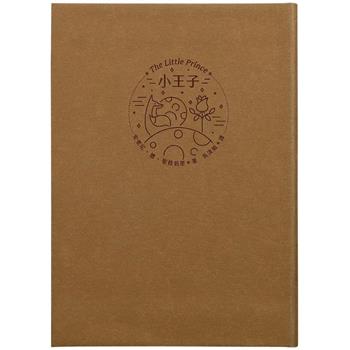This is the first study to explore the connections between the development of travel and the rapid expansion of the periodicals market in the second half of the nineteenth century in Britain. By the 1860s, travel articles had become a staple of the periodicals market and reached readers who might never have travelled far themselves or bought a travel book. This monograph demonstrates that the representation of travel in Victorian periodicals came in forms and with cultural functions that differed from book publication, and that this media-specific representation helped to inscribe travel into the Victorian lifeworld. Based on a corpus of several general-interest periodicals targeted at different audiences, this book investigates how different readers - the family, women, young people and the working classes - engaged with travel. It argues that travel articles in periodicals performed significant cultural work because they accommodated readers to travel.
| FindBook |
有 1 項符合
Travel in Victorian Periodicals, 1850-1900: Media Logic and Cultural Work的圖書 |
 |
Travel in Victorian Periodicals, 1850-1900: Media Logic and Cultural Work 作者:Korte 出版社:Palgrave MacMillan 出版日期:2024-08-29 語言:英文 規格:精裝 / 普通級/ 初版 |
| 圖書館借閱 |
| 國家圖書館 | 全國圖書書目資訊網 | 國立公共資訊圖書館 | 電子書服務平台 | MetaCat 跨館整合查詢 |
| 臺北市立圖書館 | 新北市立圖書館 | 基隆市公共圖書館 | 桃園市立圖書館 | 新竹縣公共圖書館 |
| 苗栗縣立圖書館 | 臺中市立圖書館 | 彰化縣公共圖書館 | 南投縣文化局 | 雲林縣公共圖書館 |
| 嘉義縣圖書館 | 臺南市立圖書館 | 高雄市立圖書館 | 屏東縣公共圖書館 | 宜蘭縣公共圖書館 |
| 花蓮縣文化局 | 臺東縣文化處 |
|
|
圖書介紹 - 資料來源:博客來 評分:
圖書名稱:Travel in Victorian Periodicals, 1850-1900: Media Logic and Cultural Work
內容簡介
作者簡介
Barbara Korte is Professor of English Literature at the University of Freiburg, Germany, with a special interest in culture and media. She has published widely on travel writing and Victorian periodicals, including English Travel Writing: From Pilgrimages to Postcolonial Explorations (Palgrave Macmillan, 2000).
Thinking Literature: Essays on Reading Literary Classics Today
Teacher and Learner Agency for Collaborative Learning: Academic Writing in a Blended Environment
The House That Fox News Built?: Representation, Political Accountability, and the Rise of Partisan News
Covering Covid-19: The Coronavirus Pandemic as a Critical Moment for Digital Journalism
Asexuality in Young Adult Fiction
Bee Brown: Wildflower Bee (Foiled Journal)
Bee Brown: Folk Owl (Foiled Journal)
How to Become a Black Writer
Bye Bye I Love You: The Story of Our First and Last Words
Young Learners’ Oracy Acquisition and Development in International Foreign Language Learning Contexts
Teacher and Learner Agency for Collaborative Learning: Academic Writing in a Blended Environment
The House That Fox News Built?: Representation, Political Accountability, and the Rise of Partisan News
Covering Covid-19: The Coronavirus Pandemic as a Critical Moment for Digital Journalism
Asexuality in Young Adult Fiction
Bee Brown: Wildflower Bee (Foiled Journal)
Bee Brown: Folk Owl (Foiled Journal)
How to Become a Black Writer
Bye Bye I Love You: The Story of Our First and Last Words
Young Learners’ Oracy Acquisition and Development in International Foreign Language Learning Contexts
|










